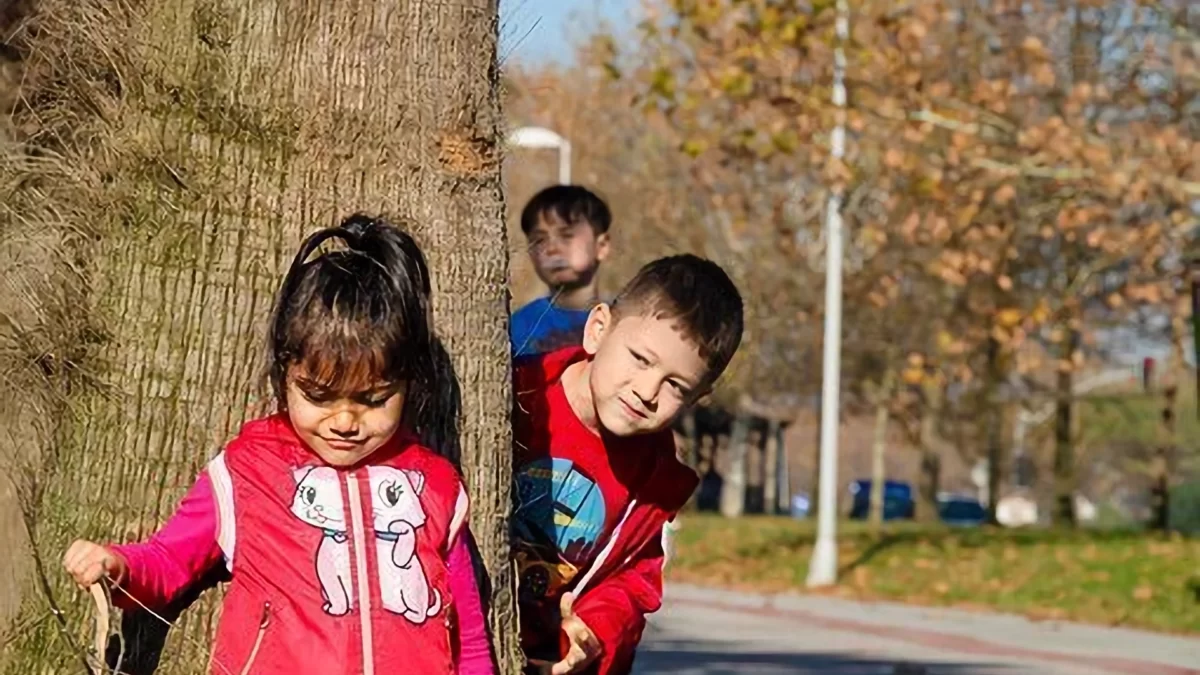How many times do you tell your son or daughter "Be careful"? It is one of the phrases that we often use with our children, which is born from our deepest desire that nothing happen to them, hence the importance of reflecting on the fearless parenting
This phrase is born from our love for the child to not hurt or break something, but, nevertheless, it is an open and confusing phrase that does not tell the child how to act or where the risk is.
Likewise, an excessive use of "be careful" can create children who do not dare to take risks, who do not dare to make mistakes. A very easy example is the case of giving the child a glass cup. If we tell the child "be careful", the child will not know what to do and may withdraw at that moment because he is afraid that glass will fall on the floor.
However, if we give the child guidelines on how to transport that glass of glass, walk slowly, etc... We are giving them tools and we are not imprinting fear on them.
Children need to have challenges and overcome them for their proper development.
In Montessori education, the child faces a challenge with himself in each choice of material, and the children who are educated without fear of making a mistake, the mistake being part of learning, are willing to face ever greater challenges. For example, these children ask for more difficult math facts because it is a challenge for them.
For this reason we are going to rethink what we can say instead of "be careful", so that children can take risks and accept challenges, and also by changing this approach we are giving them behavioral guidelines on how to successfully achieve that challenge or risk. .
The first thing we have to do is break the habit of saying “be careful”. To do this, we pause in our mind and take a breath before speaking.
Once we have taken a breath, comes the part of changing our language to help the child instead of saying "be careful."

We can use the following language to help the child to have a greater awareness of his environment and his body
- Do you realize... that the rocks slip, that the glass is fragile
- You see... that the ground is uneven
- move. … your feet slowly,
Likewise, we are going to see that we have to guide them so that they are successful when they undertake a new action. For this we help them to look for a solution and see how they are going to achieve something by organizing it in their mind. To encourage problem solving we can tell them.
- What is your plan… if you climb that rock, cross that log?
- What can you use… to move that rock, to get to the top?
- Where are you going to… put your foot, your hands?
- How are you… going down, up?
By changing our language, we are helping the child to think for himself, to organize and create a plan in his mind, we are helping him to overcome challenges and we are guiding him on his way. All this is what we achieve by applying the Montessori method in our lives.
Information on The Montessori Method. Original article
